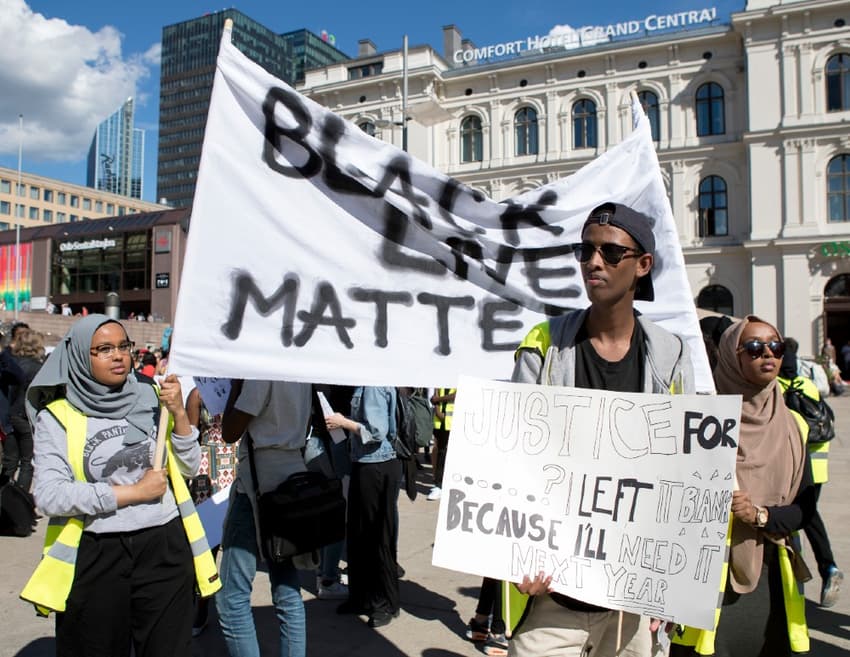Norwegian MP proposes Black Lives Matter for Nobel Peace Prize

Norwegian MP Petter Eide has nominated Black Lives Matter for the Nobel Peace Prize, reportedly stating that the movement had "forced countries other than the US
to face up to racism within their own societies."
“I find that one of the key challenges we have seen in America, but also in Europe and Asia, is the kind of increasing conflict based on inequality,” Mr Eide said in his nomination papers, according to The Guardian.
“Black Lives Matter has become a very important worldwide movement to fight racial injustice. They have had a tremendous achievement in raising global awareness and consciousness about racial injustice,” he added.
Founded in the United States in 2013, the Black Lives Matter movement gained momentum in May 2020 after George Floyd died. A white policeman had knelt on Floyd's neck for eight minutes ignoring Floyd's pleas that he couldn't breathe.
The incident fuelled protests in the United States that sped across the world.
"This movement has become one of the strongest global movements for working with racial injustice," Petter Eide, told AFP.
"They have also been spread to many many countries, building up... awareness on the importance of fighting racial injustice," he said.
Tens of thousands of people, including MPs and ministers from all countries, former Nobel laureates and distinguished academics, can propose candidates for the various Nobel prizes. The deadline ends on Sunday.
The Nobel prizes will be announced at the start of October.
Comments (1)
See Also
“I find that one of the key challenges we have seen in America, but also in Europe and Asia, is the kind of increasing conflict based on inequality,” Mr Eide said in his nomination papers, according to The Guardian.
“Black Lives Matter has become a very important worldwide movement to fight racial injustice. They have had a tremendous achievement in raising global awareness and consciousness about racial injustice,” he added.
Founded in the United States in 2013, the Black Lives Matter movement gained momentum in May 2020 after George Floyd died. A white policeman had knelt on Floyd's neck for eight minutes ignoring Floyd's pleas that he couldn't breathe.
The incident fuelled protests in the United States that sped across the world.
"This movement has become one of the strongest global movements for working with racial injustice," Petter Eide, told AFP.
"They have also been spread to many many countries, building up... awareness on the importance of fighting racial injustice," he said.
Tens of thousands of people, including MPs and ministers from all countries, former Nobel laureates and distinguished academics, can propose candidates for the various Nobel prizes. The deadline ends on Sunday.
The Nobel prizes will be announced at the start of October.
Join the conversation in our comments section below. Share your own views and experience and if you have a question or suggestion for our journalists then email us at [email protected].
Please keep comments civil, constructive and on topic – and make sure to read our terms of use before getting involved.
Please log in here to leave a comment.